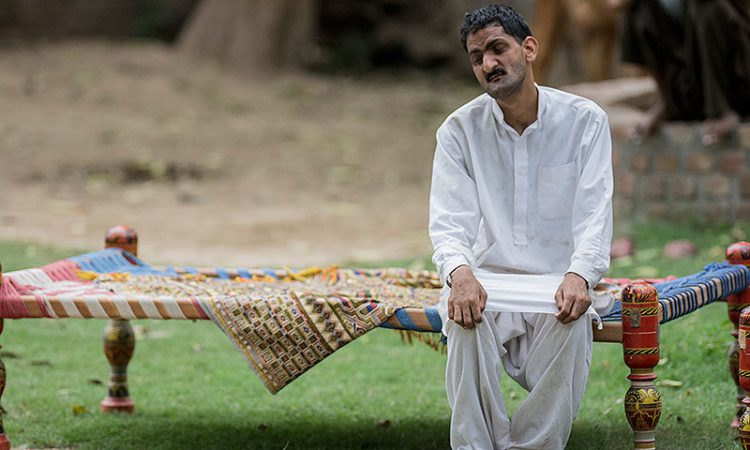The most shamefully neglected health field in Pakistan, mental illness afflicts 10 – 16 per cent of the population; with a large majority of those affected being women.
According to the WHO, only 400 psychiatrists and 5 psychiatric hospitals exist within the entire country for a population exceeding 180 million. This roughly translates to an alarming psychiatrist-to-person ratio of 1 to half a million people.
Sadly, prospects for care are exceedingly bleak as many patients never seek treatment, quit prematurely, or are shunned by family members.
I am personally invested in increasing awareness about the magnitude of this problem before it becomes too late. How many more mental illness patients will have to suffer in silence because of the stigma and shame in our society? How many more will get lost in this an entrenched resistance to care?
One of the most pertinent factors hindering mental healthcare within Pakistan is stigma. While stigma has many definitions; within Pakistan it limits an individual from gaining complete social acceptance; this can have devastating consequences.
Within our society, social acceptance is crucial to an individual’s livelihood and vitality. This includes getting married, working, making friends, socialising, productivity, and daily functioning.
Unfortunately, many people would not even be willing to socialise with someone who suffers from psychiatric illness in Pakistan. For all of us to fully comprehend stigma and its makeup, it is imperative for us to explore its key terms.

















